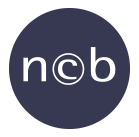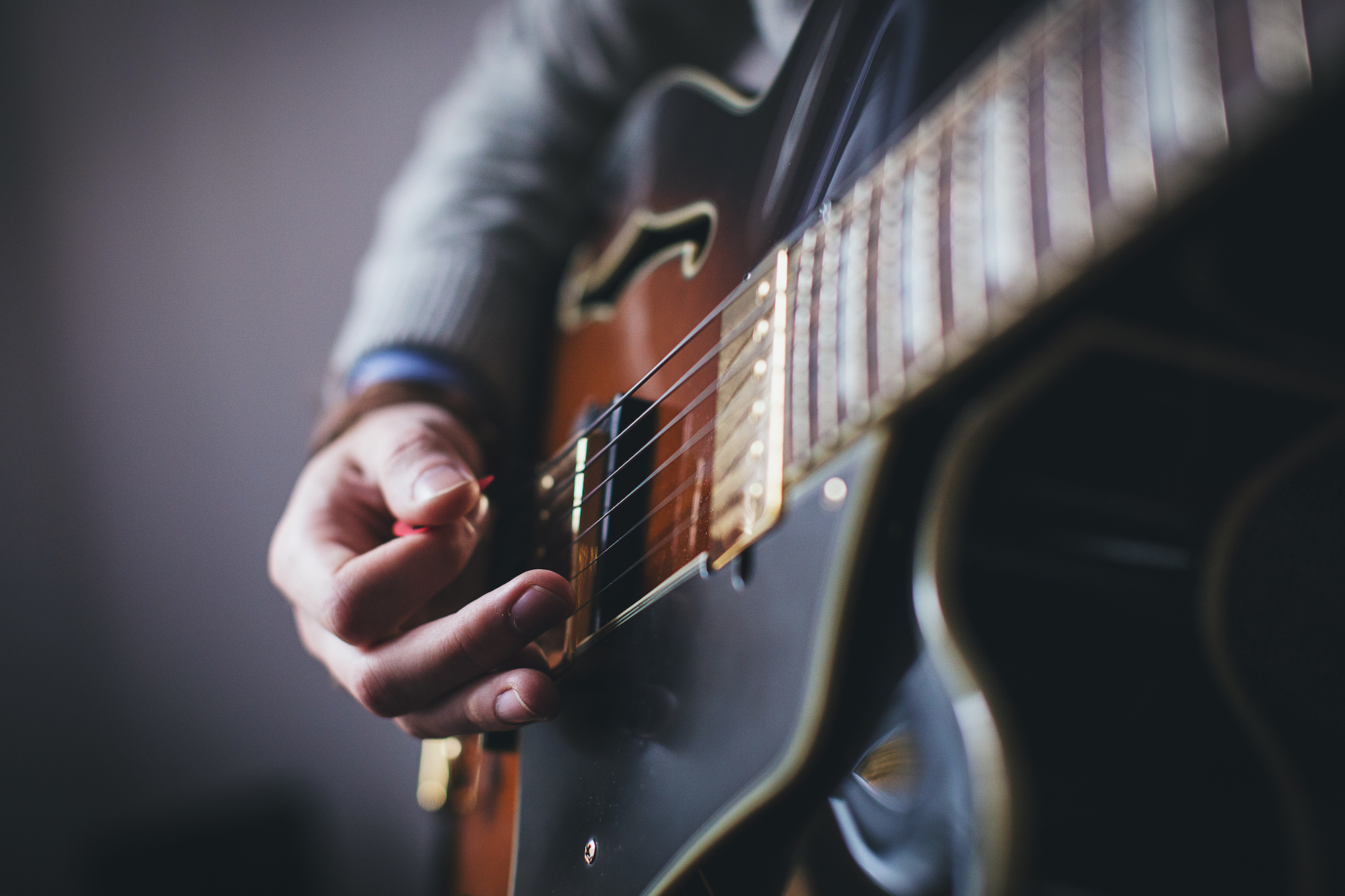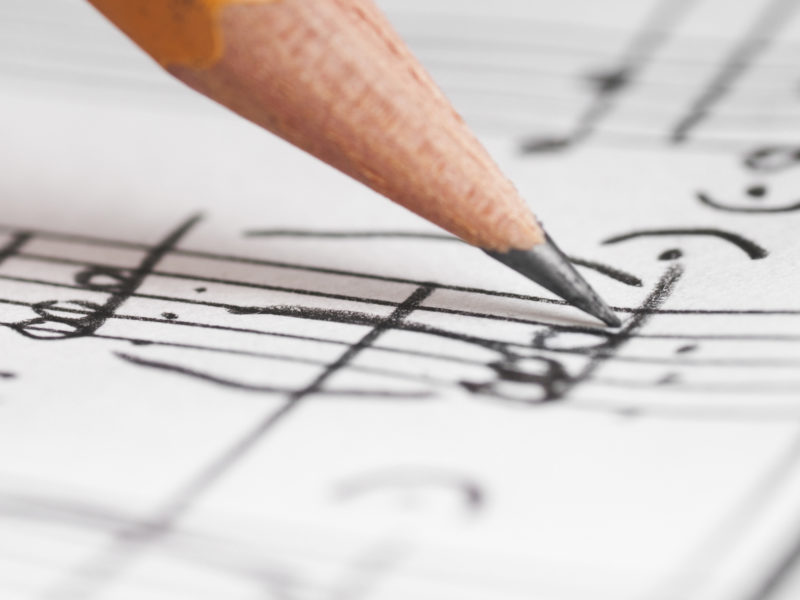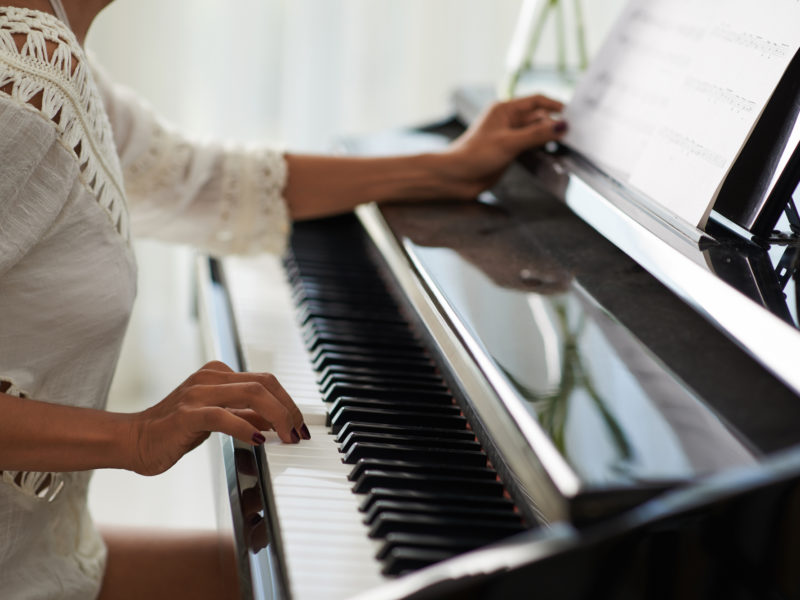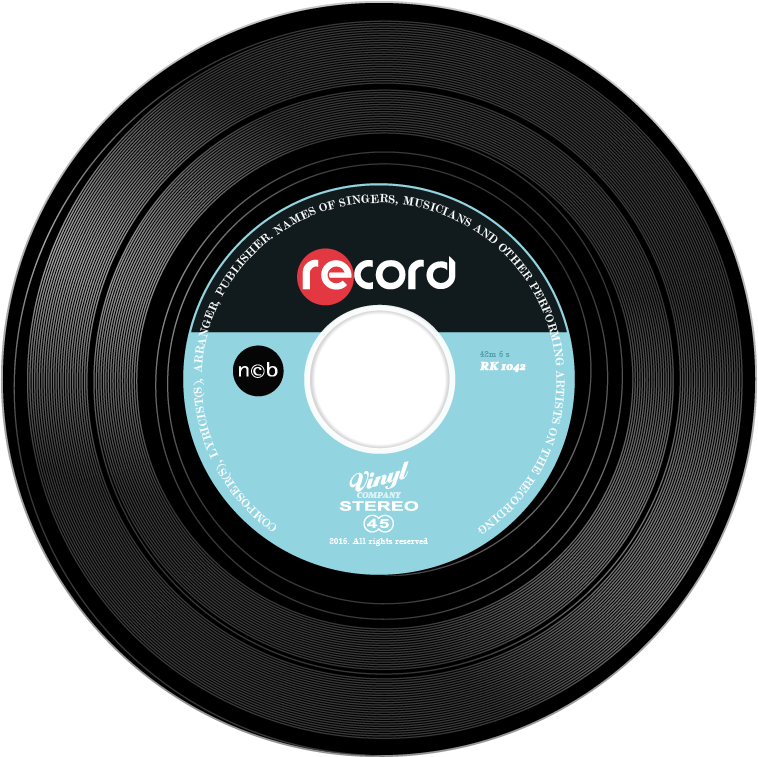Last year, the Danish Parliament passed an amendment to the VAT Act, which introduces VAT on royalty payments. This means that VAT will be applied to invoices from NCB – including your music license. The VAT Act comes into effect on July 1, 2025.
How will VAT affect the price of a music license?
The changes to the VAT Act will affect the price of your music license, as 25% VAT will be added to the price. VAT will be applied to invoices for music used after July 1, 2025.
The change happens automatically, and you don’t need to do anything.
What is VAT, and why do we have to pay for it now?
VAT stands for Value Added Tax and is a percentage tax added to the price of goods and services. In Denmark, the general VAT rate is 25%. VAT is collected by businesses and paid to the state. You now must pay VAT because your music license has become subject to VAT under the new legislation, which comes into effect on July 1, 2025.
When does the VAT Act come into effect?
The VAT Act comes into effect on July 1, 2025. Music used from this date will be subject to 25% VAT.
Will there be changes to my invoice?
Yes. Your invoice will include a line showing the VAT amount separately.
Which goods and services are subject to VAT?
Most goods and services are subject to VAT in Denmark. Previously, music rights and thus your music license were exempt from VAT. According to the new rules, businesses must now pay VAT on licenses from NCB.
How do I handle VAT in my accounting?
You must calculate the total purchase VAT for each VAT period and report these amounts to the Danish Tax Agency. You can read more about VAT reporting on VAT return | What’s that and what do I do? Skat.dk

